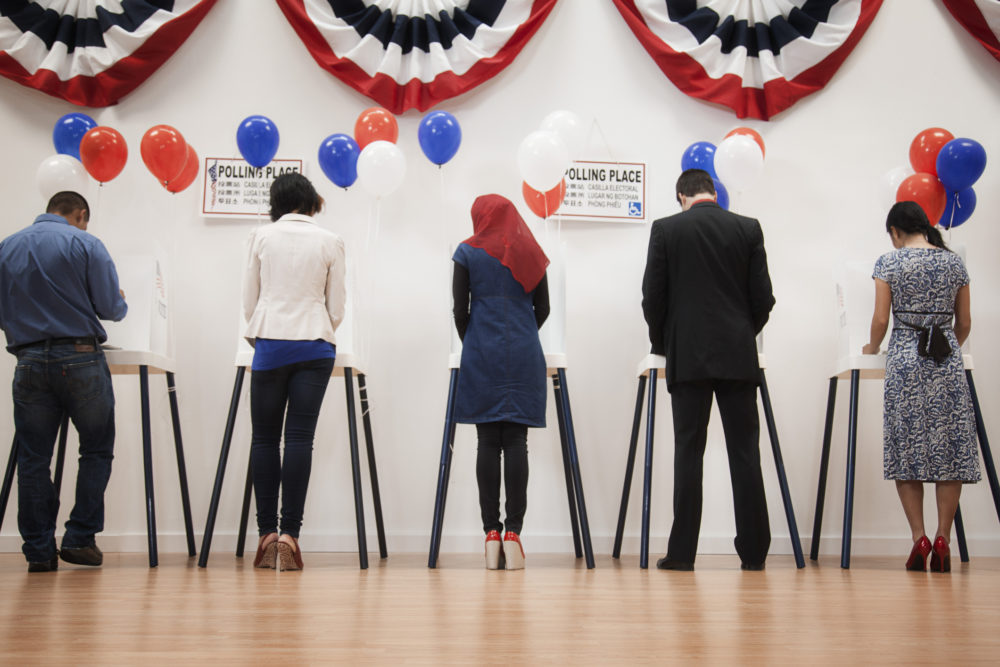Do elections ensure that the government reflects the will of the people?

The 2022 U.S. midterm elections are 17 days away (Nov. 8). Voting is often identified as a right and privilege of citizenship and a civic duty. The first time I cast my ballot, I felt a sense of pride. I believed I had contributed to what it means to be a responsible citizen, and that I was helping good candidates get elected to guide our government in the right direction.
Typically, a candidate only needs to get a simple majority of votes to win. But not everyone votes for the winner, and there are always those who don’t vote at all.
Do elections, then, really ensure that the government reflects the will of the people?
According to Connor Boyack’s The Tuttle Rebuttals, “This means that, in many elections, the government is more likely to reflect the will of those who showed up and voted rather than the will of even a majority of the people.”
And when it comes to shaping public policy, it’s not the voters who have the greatest influence. Researchers have found that the average citizen has far less influence on public policy than lobbyists and other special interest groups.
This isn’t to say we shouldn’t vote. But it doesn’t stop there. The Tuttle Rebuttals lists four things we can do — outside of voting — to “have a measurable influence for good” between elections.
- We can develop our personal character. Truly good people tend to become an inspiration for those around them through quiet service to others.
- We can free ourselves from ignorance through thoughtful and regular study. The brilliance of the founding generation was earned in this way.
- We can become more involved in civic matters through communicating with our elected leaders at every level. This is especially effective at the local level.
- We can make our influence felt by sharing our advice after becoming informed. Once we understand an issue clearly, we can share what we know by speaking, teaching, and informing those around us.